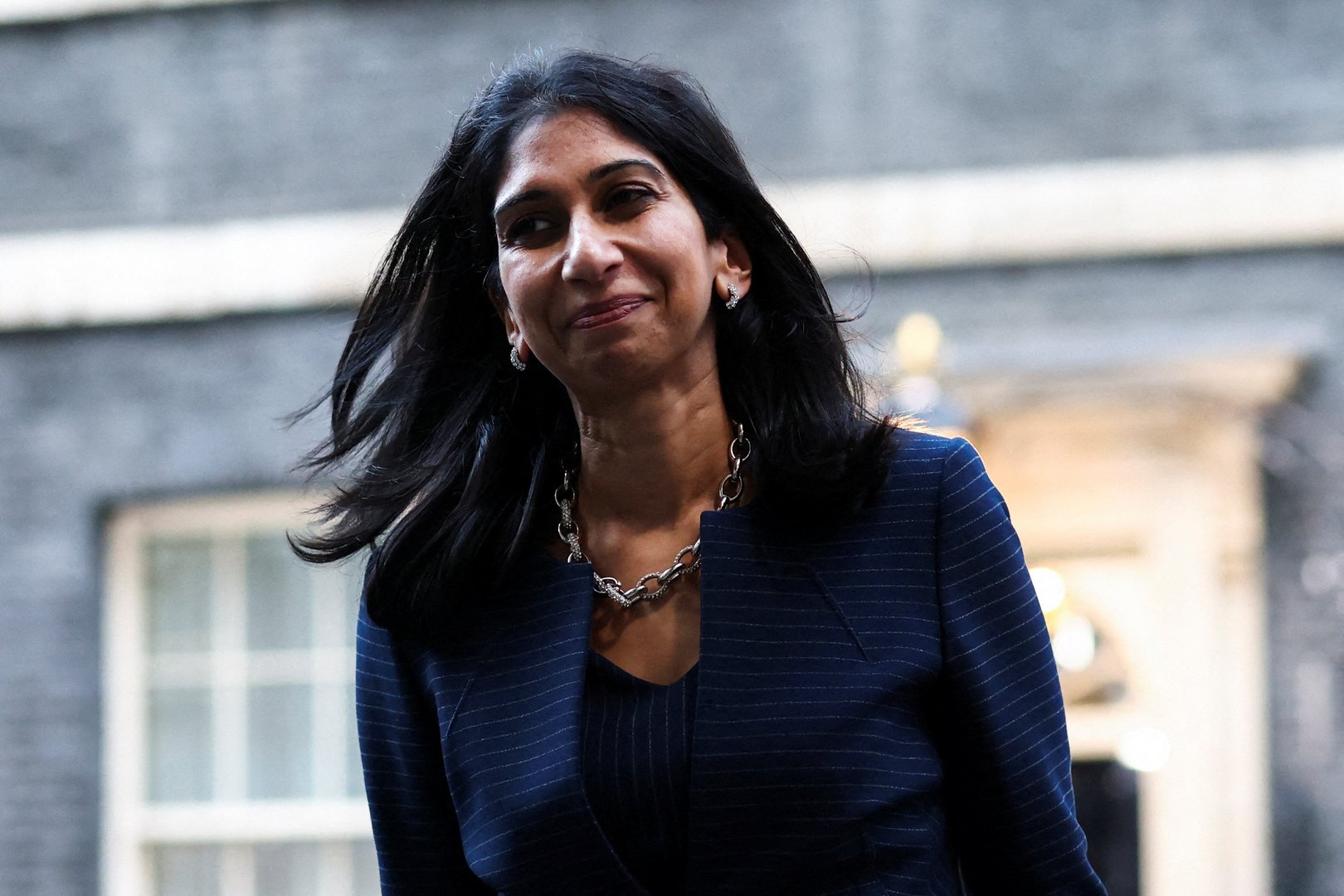Britain’s interior minister Suella Braverman said she was convinced Rwanda was a safe country to resettle migrants who had arrived in Britain illegally but she declined to set any deadline for the first deportations to the country.
The British government is hoping to send thousands of migrants more than 4,000 miles away to the East African country as part of a 120 million pound ($148 million) deal to deter asylum seekers crossing the English Channel from France in small boats.
The plan was announced in April 2022, but the first deportation flight was blocked by an injunction from the European Court of Human Rights. London’s High court ruled in December the scheme was legal, but opponents are seeking to appeal that ruling.
Britain last month set out details of a new law barring the entry of asylum seekers arriving in small boats across the Channel that will prevent them from claiming asylum and will aim to deport them either back to their homeland or to so-called safe third countries.
Some charities say the proposed law could be impractical and criminalise the efforts of thousands of genuine refugees.
Braverman was asked by the BBC’s Laura Kuenssberg about a violent protest over rations in a camp in Rwanda in 2018, which Rwandan police said resulted in the deaths of at least five refugees.
Braverman said she was not familiar with that case but was “on strong ground” in saying Rwanda was a safe country, and she added that it was the right solution for Britain’s small boats problem.
“We’re looking at 2023 and beyond,” she said on Sunday. “The High Court – senior expert judges – have looked into the detail of our arrangement with Rwanda and found it to be a safe country and found our arrangements to be lawful.”
Braverman, who visited Rwanda last month, would not give a deadline for the first flight to depart.
“We have to be realistic,” she told Sky News. “We had a very strong victory in the High Court at the end of last year on Rwanda. We’ve now introduced legislation. We want to move as quickly as possible to relocate people from the UK to Rwanda.”







Click here to change your cookie preferences